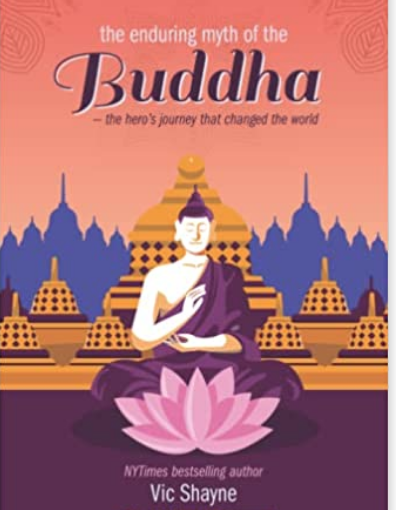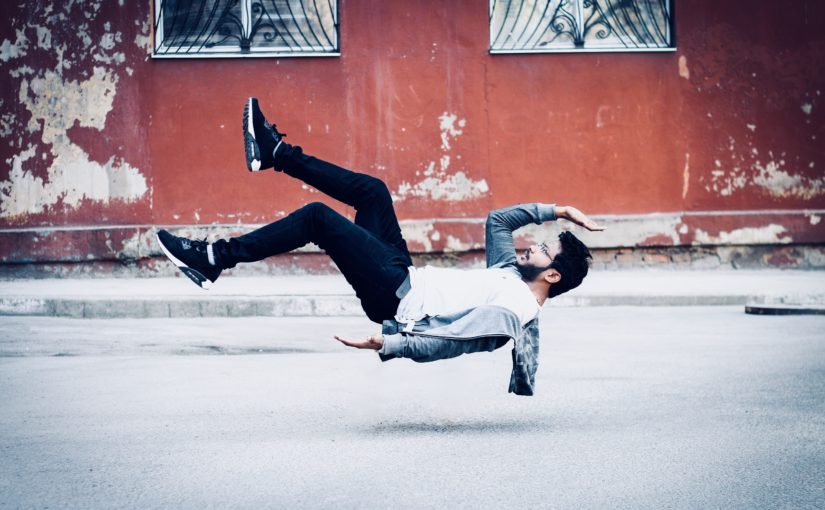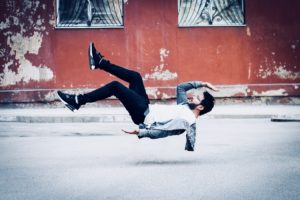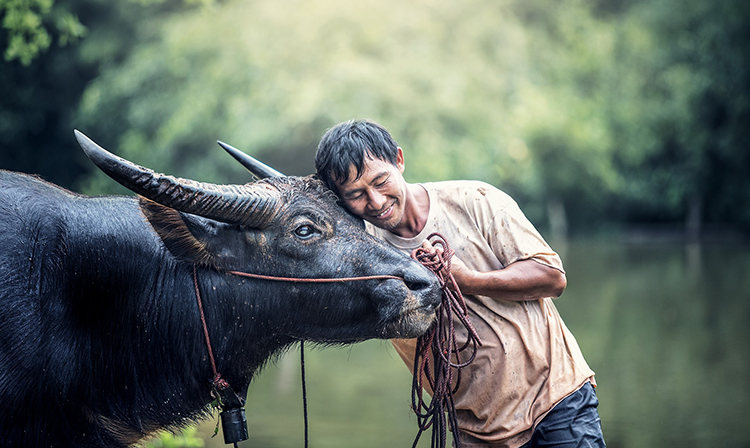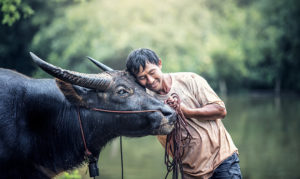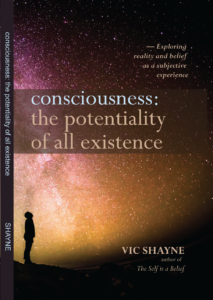The story of Siddhartha Gautama, who became the Buddha, connects the human psyche to the transcendent. My new book, The Enduring Myth of th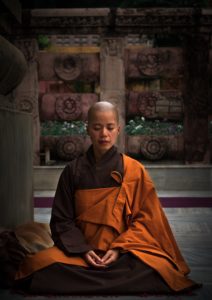 e Buddha, is rich in metaphor that touches the heart and has the power to turn the egoic self back onto itself to question your very essence.
e Buddha, is rich in metaphor that touches the heart and has the power to turn the egoic self back onto itself to question your very essence.
Maybe you’re wondering: What the heck does this mean?
The egoic self is what we commonly call “me,” and we are referring to a person who we only believe we are — complete with ideas, memories, dispositions, preconceptions, fears, biases, and attitudes that interfere with our seeing life for what it really is, which is the source of suffering. To move past this egoic self is to end suffering and find a life of compassion; and this was the core of the Buddha’s teachings.
Siddhartha ultimately discovered that we suffer due to the way our minds are psychologically conditioned to believe we are separate from all others. Because we do not realize that everything is available to us, we are always desiring to get or attain something to make us feel whole and happy. To truly understand this fact of life takes enquiring into your own sense of self to find out what you are beneath this conditioned mind. And this is what Siddhartha had done, and once he knew he became the Buddha — the awakened one.
This book has little to do with Buddhism as a religion, and mostly to do with Buddha as a mythical figure whose life, actions, words, and relationships are full of power that bring to the fore compassion, humanity, love, respect, deep thinking, caring, and the transcendence beyond human suffering and desire. This is a light and interesting study that appreciates the metaphor and myth in the Buddha story to reflect on your own life. While it is most common to regard the life of the Buddha as an historical fact and a suggestion to quiet the mind and avoid attachment, the Buddha myth is really a much deeper teaching, and I have used the teachings of other enlightened persons who were a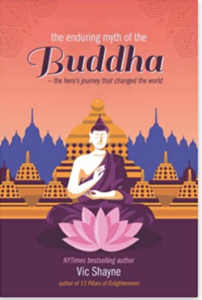 ble to elucidate what it means to be awake in a world otherwise perceived by the limited mind of the egoic self.
ble to elucidate what it means to be awake in a world otherwise perceived by the limited mind of the egoic self.
I am not a Buddhist nor a Buddhist scholar, and The Enduring Myth of the Buddha is not an academic work; I leave such writings to the experts. My interest in writing this book was to explore the depths of the myth, as well as to make it clear that a myth, despite popular misuse of the word, does not equate to a lie. Rather, a myth is a story that guides you back from the objective to the subjective to find out who you are at the core. As such, it does not matter whether you are a religious person, an atheist, or merely interested in a subject that moves your thinking about your self beyond materialist, scientific, religious, and academic thinking.
The Buddha’s teachings have endured for millennia for a good reason that is fundamental to who we are as human beings, and if we regard his story literally then we are apt to miss the richness of his hero’s journey.

